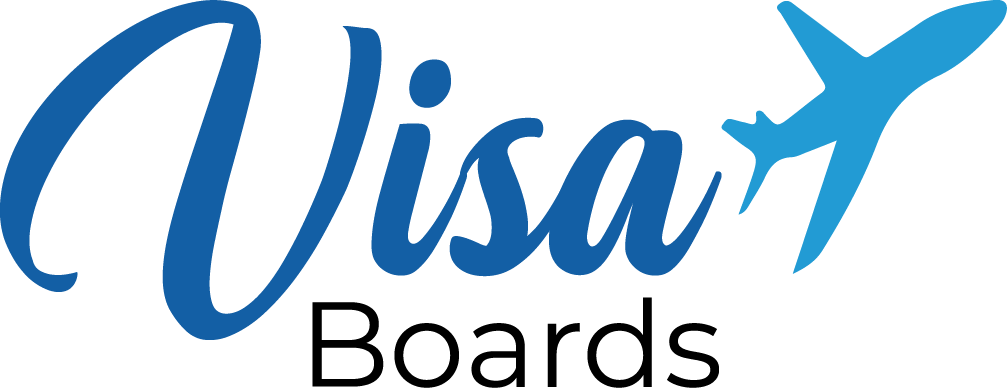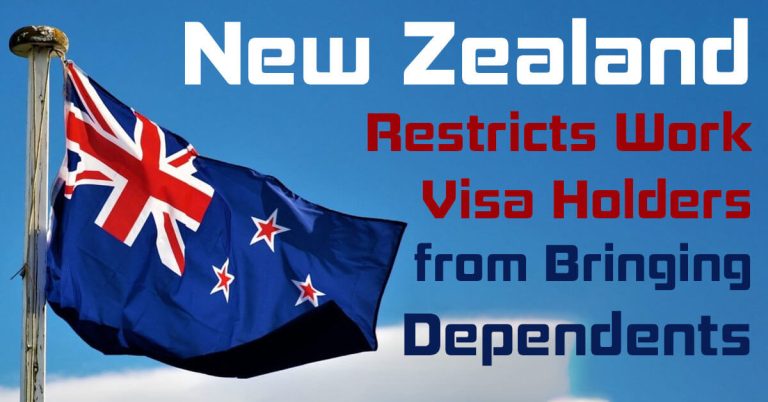U.S. $100,000 H-1B Visa Fee Sparks Panic, Clarification and Global Concerns

President Donald Trump’s administration has triggered chaos across America’s technology and finance industries after announcing a $100,000 fee for H-1B visas, the work permits that allow skilled foreign professionals to work in the United States. While the move was initially described as an annual charge, the White House clarified a day later that it is a one-time fee per petition and will only apply to new applicants, not renewals or existing visa holders.
The sudden change, which takes effect at 12:01 a.m. on Sunday, has drawn concern from companies, governments, and immigration lawyers alike. India, the largest source of H-1B visa holders, warned of “humanitarian consequences,” while U.S. firms scrambled to issue emergency guidance to their foreign employees.
What Exactly Changed?
- New fee: $100,000 per H-1B petition (up from about $215 in prior filing fees).
- Not annual: Despite initial comments by Commerce Secretary Howard Lutnick, the White House clarified it is a one-time fee.
- Who pays: Employers, not workers, must cover the fee.
- Who is affected: Only new visa applicants in the 2026 lottery cycle.
- Who is not affected: Current visa holders and renewals are exempt.
“This is NOT an annual fee. It’s a one-time fee that applies only to the petition,” White House press secretary Karoline Leavitt said on X, stressing that existing visa holders can travel freely without penalty.
Panic Across the Tech Industry
The Friday night announcement triggered immediate panic. Amazon, Microsoft, JPMorgan, Meta, and Alphabet (Google’s parent company) warned employees to avoid international travel and, in some cases, advised staff overseas to return before the deadline.
Immigration lawyers compared the confusion to the 2017 travel ban, when rushed implementation created chaos at airports. Some H-1B workers even canceled flights or de-boarded planes out of fear they would be locked out of the U.S.
Which Companies Rely Most on H-1B Visas?
The H-1B program is critical to America’s tech sector. According to U.S. Citizenship and Immigration Services (USCIS), these were the top sponsors in FY 2025 (Q1–Q3):
| Rank | Company | Approved H-1B Visas |
|---|---|---|
| 1 | Amazon (incl. AWS, Com Services, Data Services) | 14,365 |
| 2 | Tata Consultancy Services | 5,505 |
| 3 | Microsoft | 5,189 |
| 4 | Meta Platforms | 5,123 |
| 5 | Apple | 4,202 |
| 6 | 4,181 | |
| 7 | Cognizant Technology Solutions | 2,493 |
| 8 | JPMorgan Chase | 2,440 |
| 9 | Walmart | 2,390 |
| 10 | Deloitte | 2,353 |
Amazon alone accounts for more than 14,000 H-1B workers, underscoring just how dependent Big Tech is on the program.
Who Uses H-1B Visas?
H-1B visas cover specialized fields, most commonly:
- Computer-related occupations (64%)
- Architecture, engineering, and surveying (10%)
- Education-related fields (6%)
The program caps at 85,000 visas annually, with an extra 20,000 for U.S. graduates with advanced degrees. Indian nationals make up about 71% of all recipients, while Chinese nationals account for nearly 12%.
Global and Industry Reactions
India: The Indian government and IT industry body Nasscom warned the measure could disrupt families and ongoing U.S. projects. India’s Ministry of External Affairs called for “suitable” adjustments to minimize humanitarian fallout.
South Korea: Officials said they were reviewing the impact on Korean firms and skilled workers.
China: On Chinese social platforms, H-1B holders reported scrambling to return to the U.S. before the policy took effect.
U.S. Chamber of Commerce: “We’re concerned about the impact on employees, their families and American employers,” the Chamber said, pledging to work with the administration to clarify the rules.
Criticism vs. Support
Critics: U.S. labor groups argue that H-1Bs let companies replace American workers with lower-paid foreigners, often at wages around $60,000 annually—below the $100,000+ salaries of many American tech workers.
Supporters: Figures like Elon Musk argue the program fills critical gaps and keeps U.S. firms globally competitive. Immigration lawyers warned the fee could push jobs overseas instead of protecting U.S. employment.
“When we stop letting that talent into the United States, we’re hurting our brand,” said Allen Orr, an immigration lawyer and past president of the American Immigration Lawyers Association.
Legal and Economic Questions
Legal experts say Trump may not have the authority to impose such a fee, since Congress only permits agencies to charge for the cost of processing applications. Lawsuits are expected.
Economists warn that the policy could raise costs for employers, discourage startups, and divert investment abroad to Canada, India, and China—ironically undermining America’s position in the global AI and tech race.
Conclusion
The new $100,000 H-1B visa fee marks one of the Trump administration’s most aggressive steps in reshaping legal immigration. While current holders are spared, the uncertainty has already rattled employees, employers, and foreign governments. Whether this policy strengthens American jobs or weakens U.S. innovation will depend on how long it lasts—and whether courts intervene.





